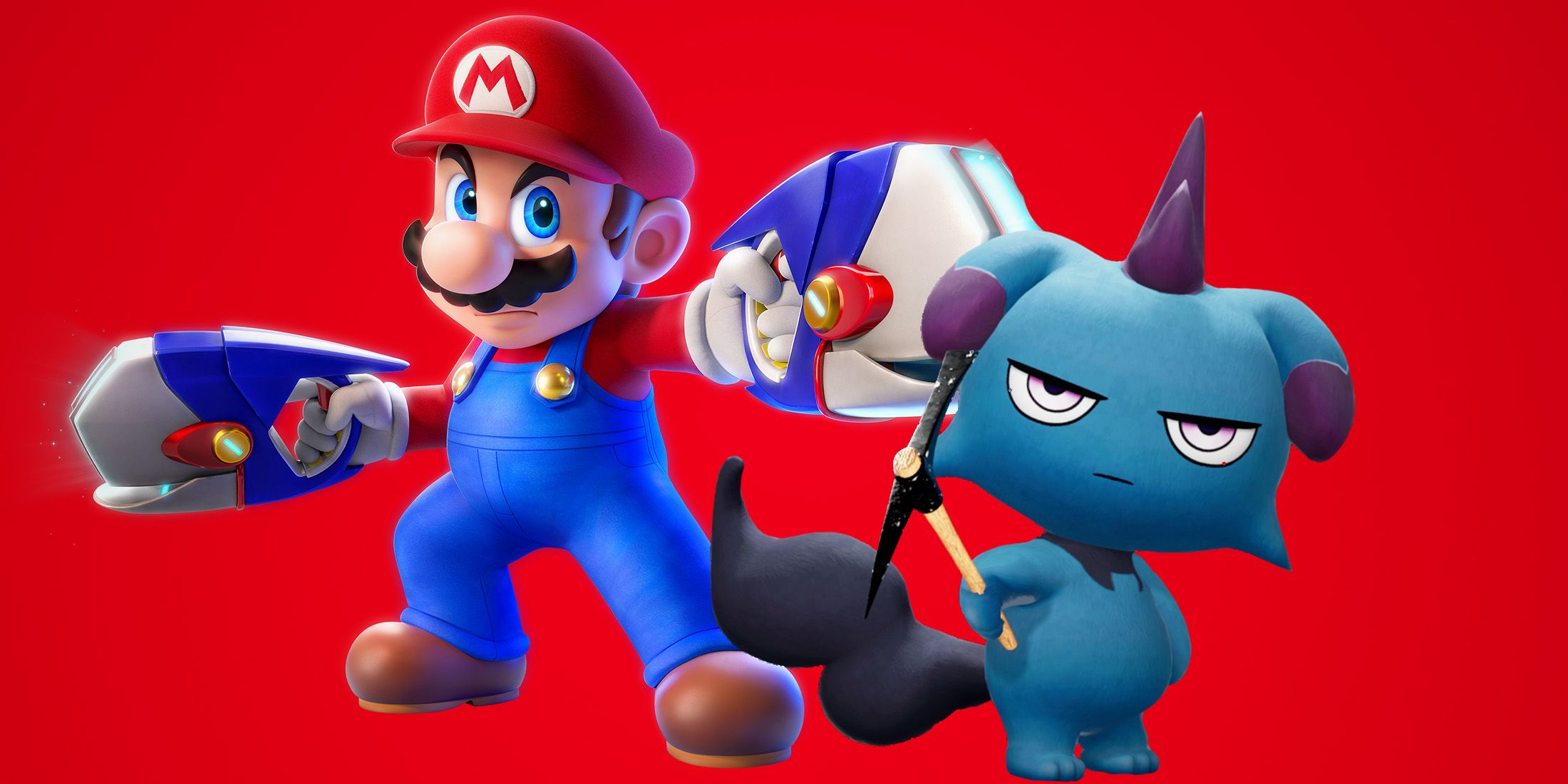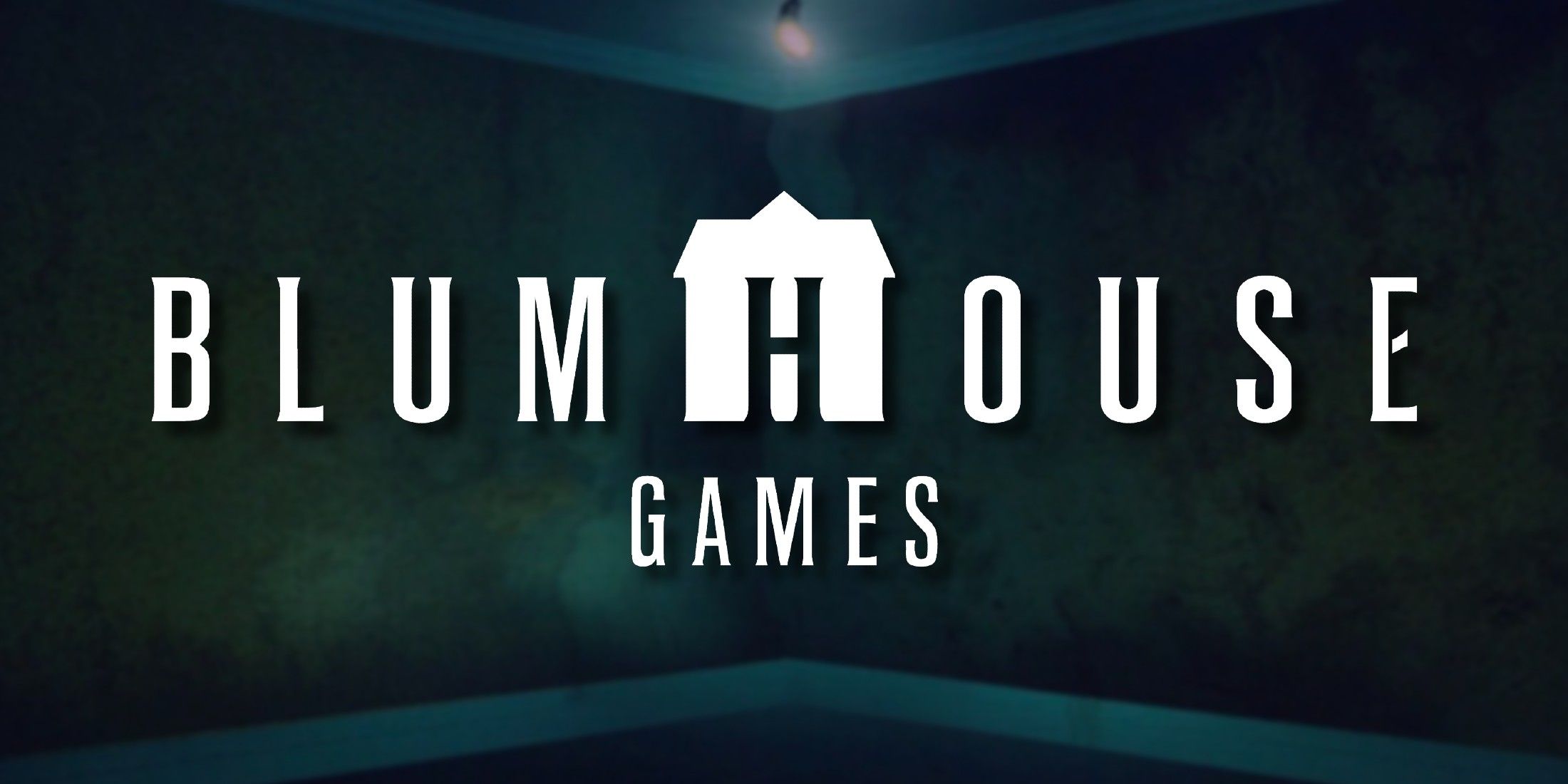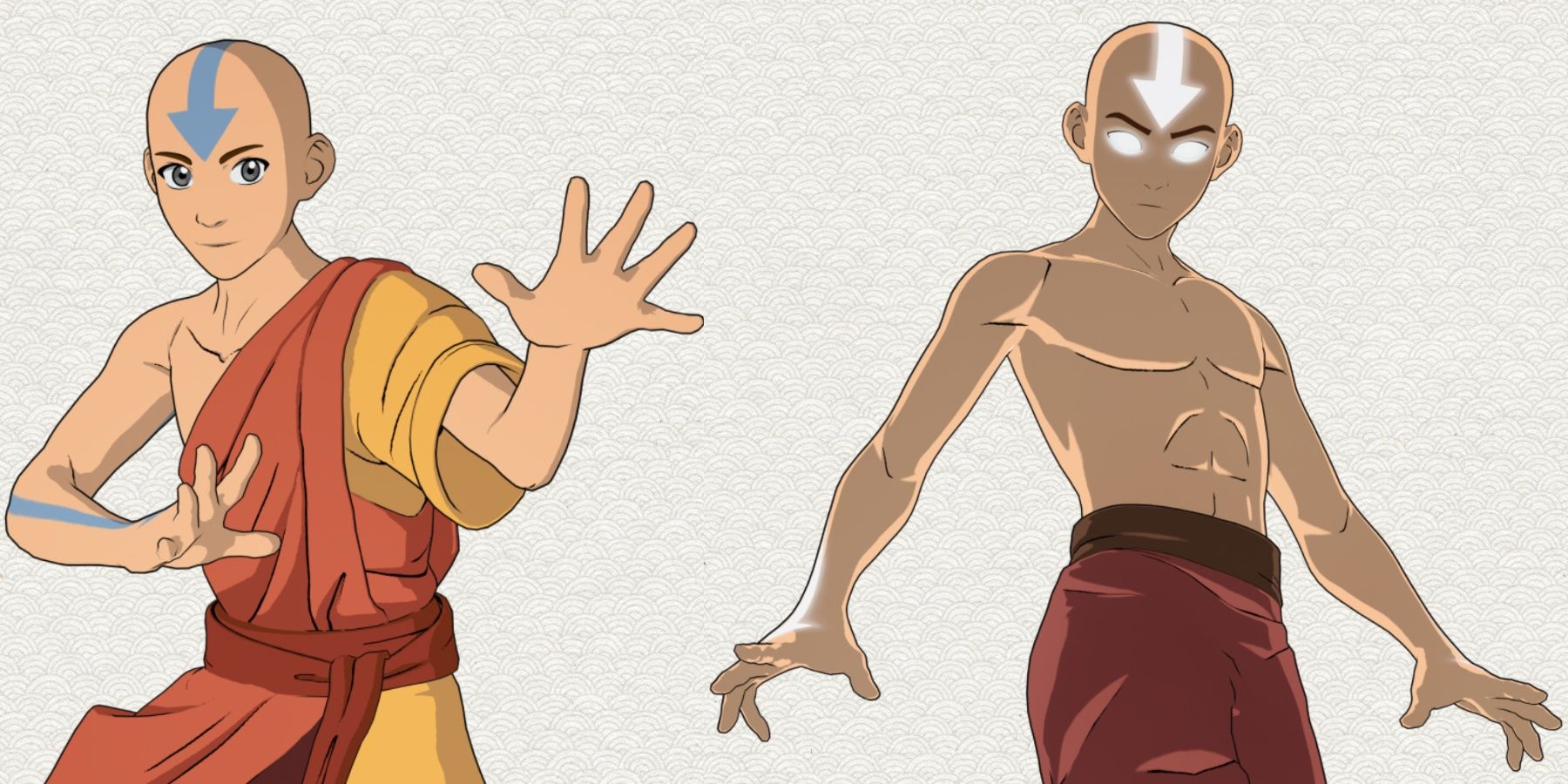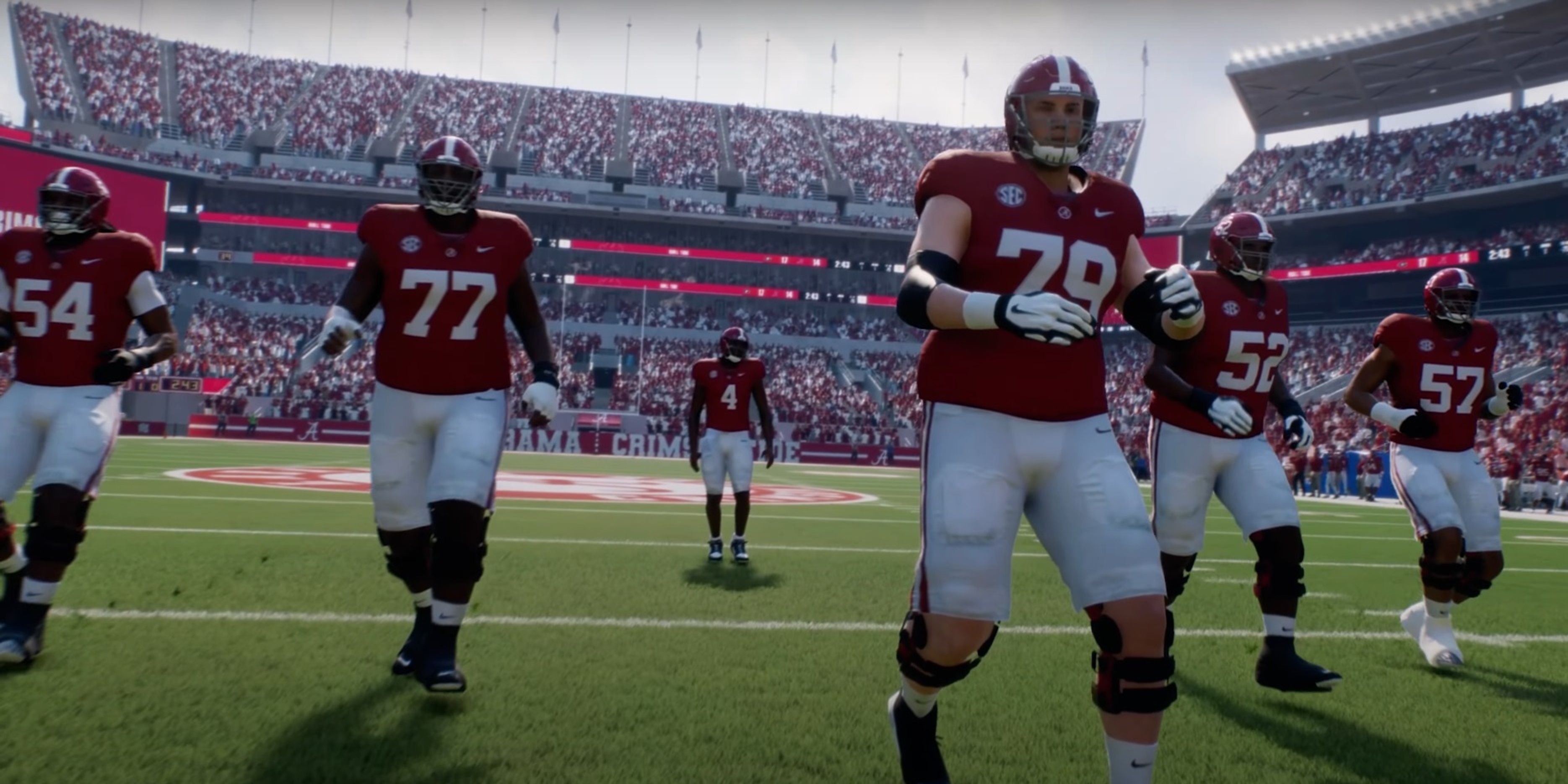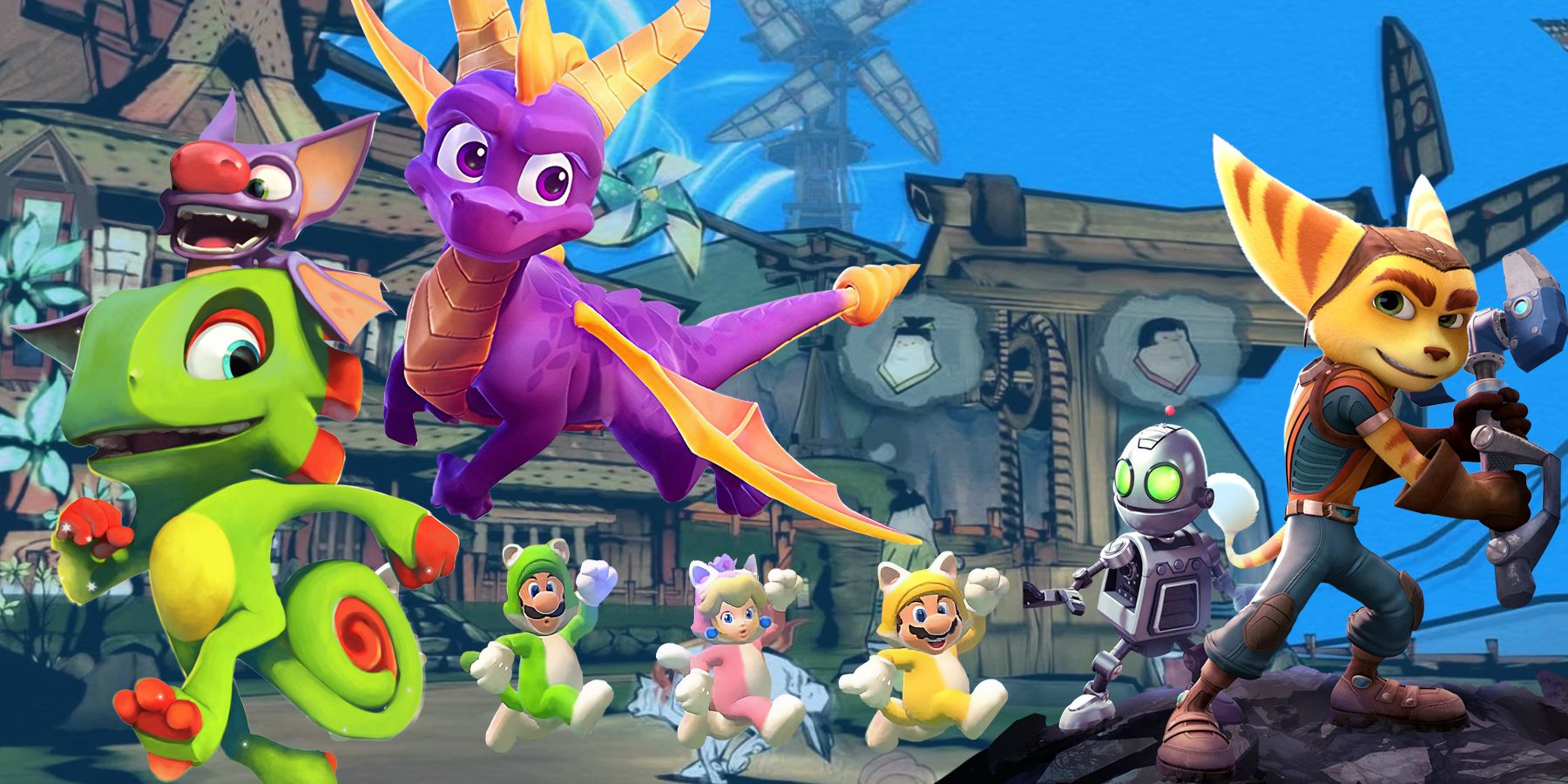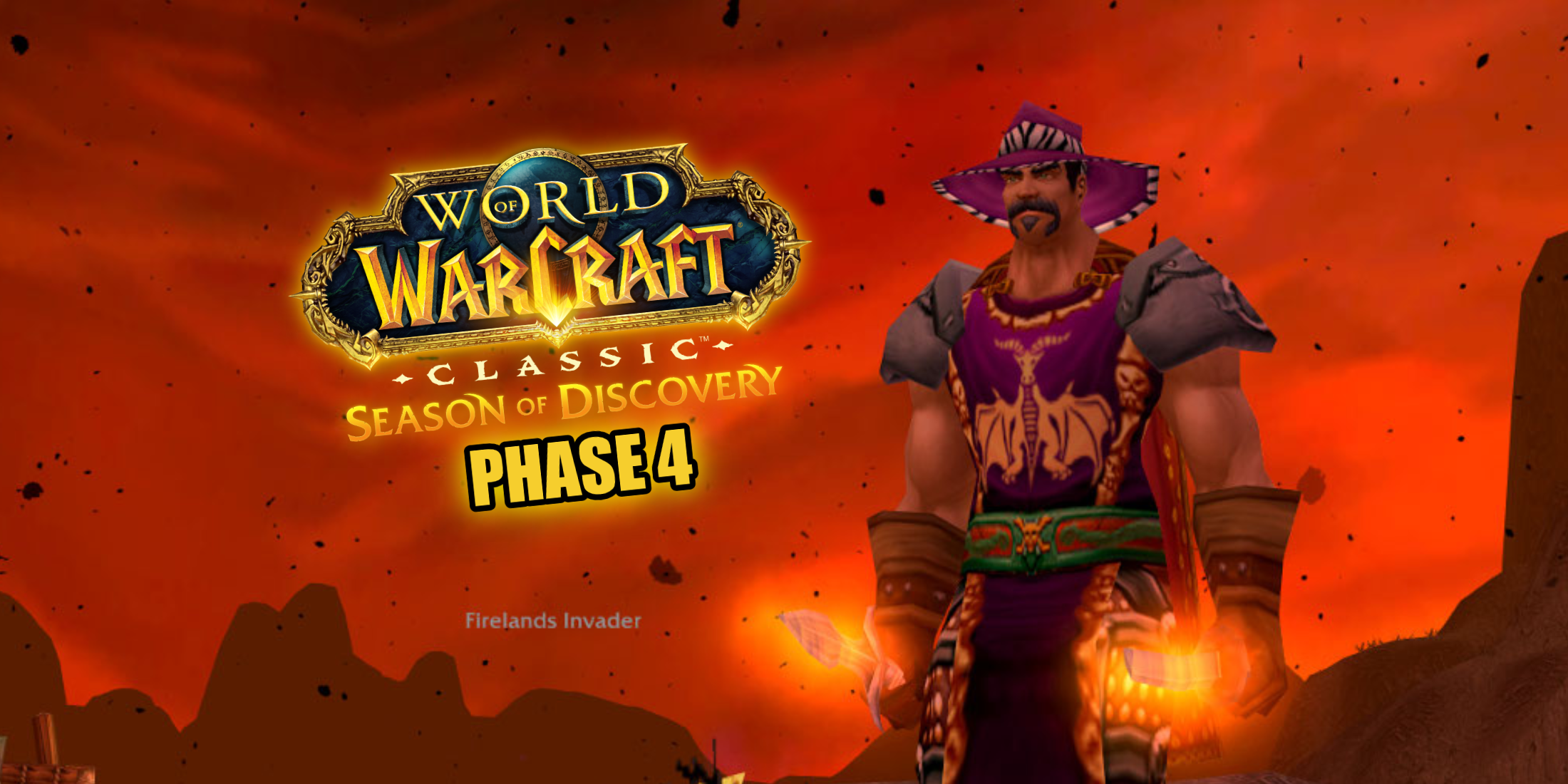Key Takeaways
- Nintendo’s lawsuit against Pocketpair is not likely to do damage to the Palworld developer beyond Japan.
- Nintendo must prove the validity of its patents, not just Pocketpair’s alleged infringement of them. Its patents will end up narrowed or revoked if it fails to do so.
- The case itself could take years to be resolved.
Nintendo‘s lawsuit against Pocketpair is unlikely to do any major damage to the Palworld developer, a patent expert told Game Rant. But Pocketpair still seems to be facing a long and arduous legal battle against Nintendo.
Nintendo and The Pokemon Company filed a joint lawsuit against the Palworld developer on September 18. The complaint, submitted in the Tokyo District Court, alleges that Pocketpair’s hit survival crafting game infringes on a number of their patents. The details of the lawsuit have yet to be made public.
Nintendo’s Lawsuit May Not Have Far-Reaching Consequences for Palworld
Reflecting on this turn of events, veteran patent analyst Florian Mueller told Game Rant that he doesn’t expect the case to have international consequences. “At most, [Nintendo] will do some damage in Japan, but probably not outside,” he opined. The first of these consequences might have already materialized on September 24, when Palworld was shadow-dropped for the PS5 in 68 countries, but not Japan. A recent tweet from Pocketpair saw the company acknowledge that the PlayStation version of the game currently lacks a release date for its home market, albeit without outright stating that Nintendo’s lawsuit is the reason for this.
Nintendo Must Prove More Than Infringement To Win Against Pocketpair
Japanese IP attorney Kiyoshi Kurihara has previously pointed to a Nintendo patent for creature capture mechanics as possibly being related to the Palworld lawsuit. Mueller told Game Rant that this is a “plausible theory,” while noting that the case itself “won’t turn on infringement as much as on validity,” because the first thing that will come into question is whether the intellectual property central to the litigation is patent-eligible. “Only because the Japanese Patent Office granted those patents doesn’t mean that they couldn’t [sic] be revoked or narrowed,” he explained.
It’s not like Palworld infringes left, right and center on numerous IPs; they probably infringe on nothing that can withstand a serious court review.
Mueller noted that talking about potential outcomes of the case will be easier once its details are made public. “Let’s see when all the specifics are on the table, but it’s not like Palworld infringes left, right and center on numerous IPs; they probably infringe on nothing that can withstand a serious court review,” he opined. The details of the case are something not even Pocketpair was notified about in advance, having said as much in its initial response to Nintendo’s Palworld lawsuit. Mueller said that Nintendo’s decision not to give Pocketpair the courtesy of reviewing the complaint before announcing it publicly is not unusual for a company that’s on a “warpath” and wants to come across as hostile.
Patent disputes in Japan commonly take between 12 and 18 months to reach a first-instance verdict, assuming they aren’t settled beforehand. Mueller believes that Nintendo may be more interested in pursuing its complaint to completion rather than prioritizing damages. He said as much in a recent tweet, which also saw him predict that this case is “more likely to last five years than to be settled during the first.”
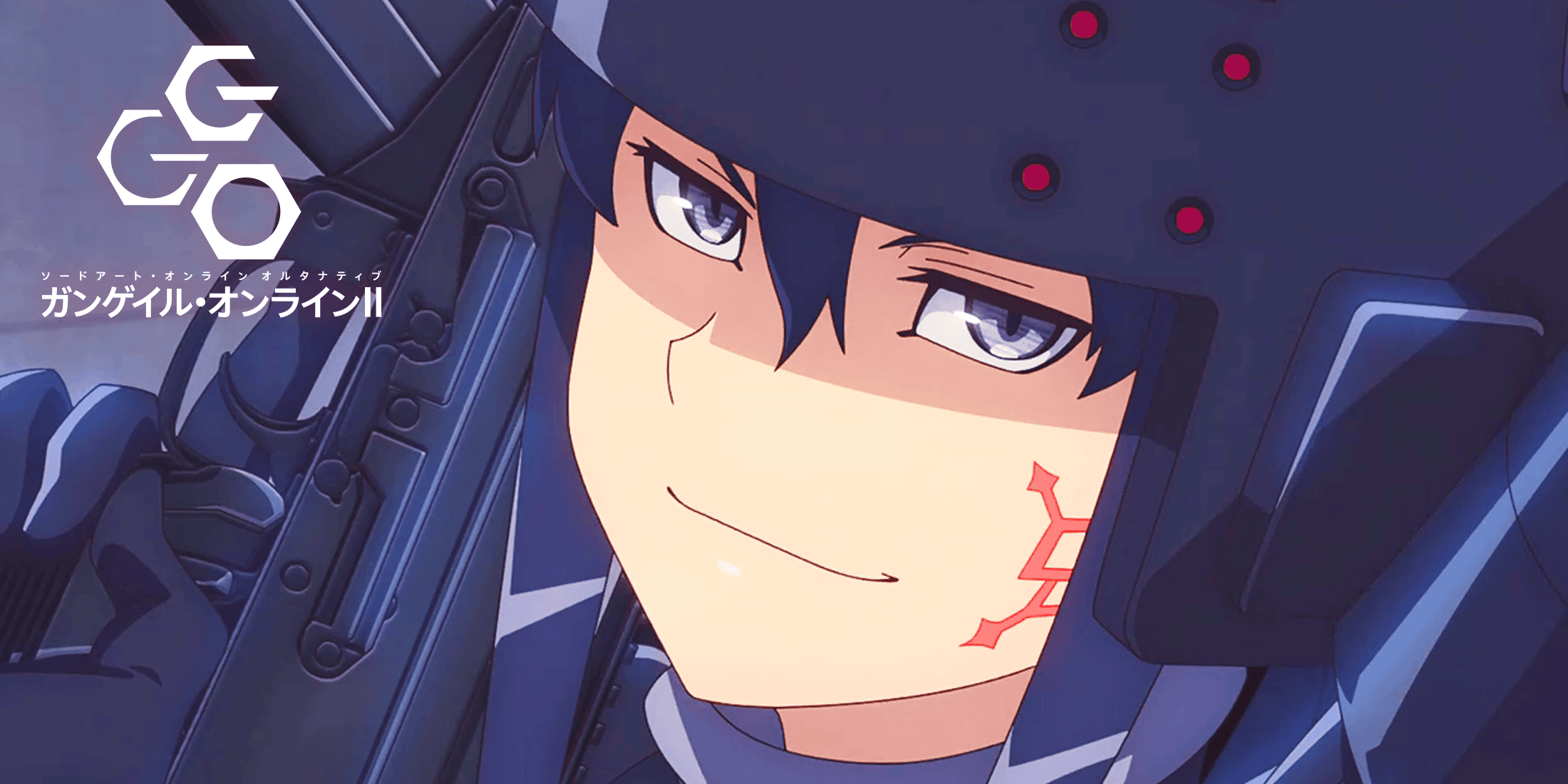
/cdn.vox-cdn.com/uploads/chorus_asset/file/23954043/VRG_Illo_STK427_Podcasting_playbars.jpg)
